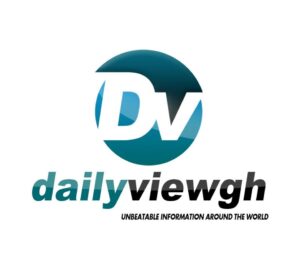Nana kweku ofori atta
Security consultant
In the fabric of democratic societies, journalism stands as a cornerstone of accountability, illuminating issues that impact the populace and providing a platform for the marginalized to have their voices heard.
However, contemporary trends paint a concerning picture of journalism’s deviation from its fundamental purpose, with instances of manipulation for political agendas and journalists enduring intimidation, abuse, and even physical harm in the pursuit of their duties.
The Essence of Journalism:
At its core, journalism functions as a watchdog, tasked with holding those in power accountable and advocating for the rights of citizens. Yet, in numerous cases, the media landscape has become tainted by sensationalism, biased reporting, and a dearth of editorial independence. Morning talk shows and political campaigns, intended as forums for objective discourse, have regrettably transformed into platforms for partisan propaganda.
Challenges in Ghana:
Ghana, akin to many other nations, confronts this challenge head-on. While the Ghana Journalists Association (GJA) endeavors to uphold press freedom, its efficacy in protecting its members has faced scrutiny. Journalists who courageously pose critical questions and demand accountability from the government often encounter hostility, intimidation, and violence.
Recent incidents of journalists facing harassment or assault for merely executing their professional duties serve as a stark reminder of the perilous conditions they confront. Rather than respecting the indispensable role journalists play in a democracy, certain politicians resort to leveraging their power to stifle dissent and obscure the truth.
Proposed Solutions:
Urgent measures must be implemented to safeguard the integrity of journalism and shield journalists from such abuses. The GJA must assert its authority in championing the rights of journalists and ensuring they can discharge their duties devoid of fear or reprisal.
Moreover, legislative action is imperative to address this issue comprehensively. A robust law, proposed to parliament, aimed at deterring and penalizing any form of intimidation, abuse, or brutality against journalists, is indispensable. This legislation should encompass stringent provisions for prosecuting perpetrators and safeguarding whistleblowers within the media fraternity.
Additionally, education and awareness campaigns should be launched to underscore the significance of a free and independent press in a democratic society. Civil society organizations, media watchdogs, and international bodies must also extend their support, advocating for the rights of journalists on a global scale.
Conclusion:
In summation, the role of journalism as the voice of the voiceless and the custodian of democracy cannot be overstated. It behooves all stakeholders – journalists, media organizations, government institutions, and civil society – to collaborate in upholding the integrity of journalism and ensuring that journalists can execute their indispensable work without trepidation or impediment. Only through such concerted efforts can we genuinely safeguard the principles of freedom of expression and accountability upon which our democracy thrives.































